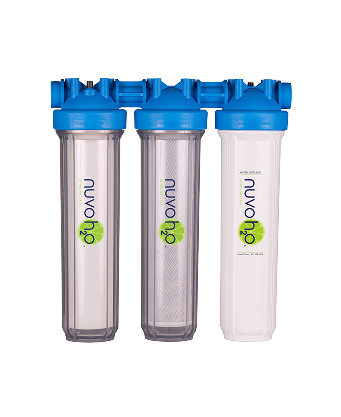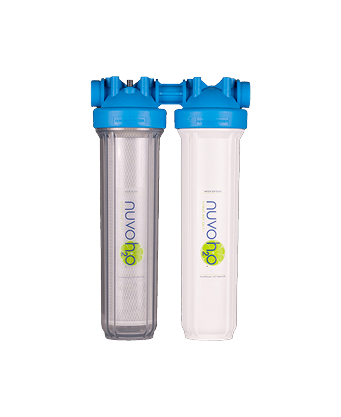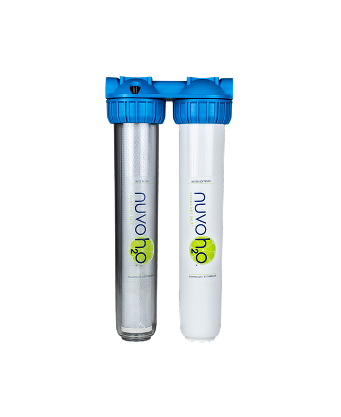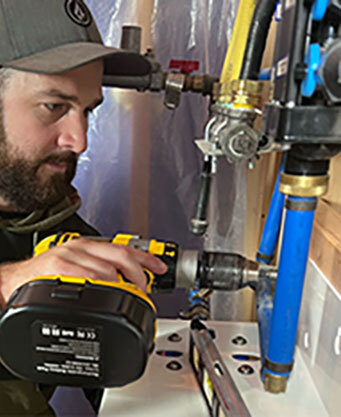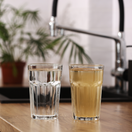
Why Does My Stomach Hurt After Drinking Water?
10th Jul 2025
Drinking water should be one of the simplest, healthiest things you do in a day. So when it leads to discomfort—especially stomach pain—it’s confusing, frustrating, and more common than you might think.
If you've ever found yourself wondering, “Why does my stomach hurt after drinking water?” or “Why does my upper stomach hurt when I drink water?”—you’re not alone. Whether it’s a sharp cramp, bloating, or a dull ache, there are several possible reasons for that gut reaction, ranging from how you drink water to what’s actually in it.
Let’s break it down.
1. You're Drinking Water Too Fast or on an Empty Stomach
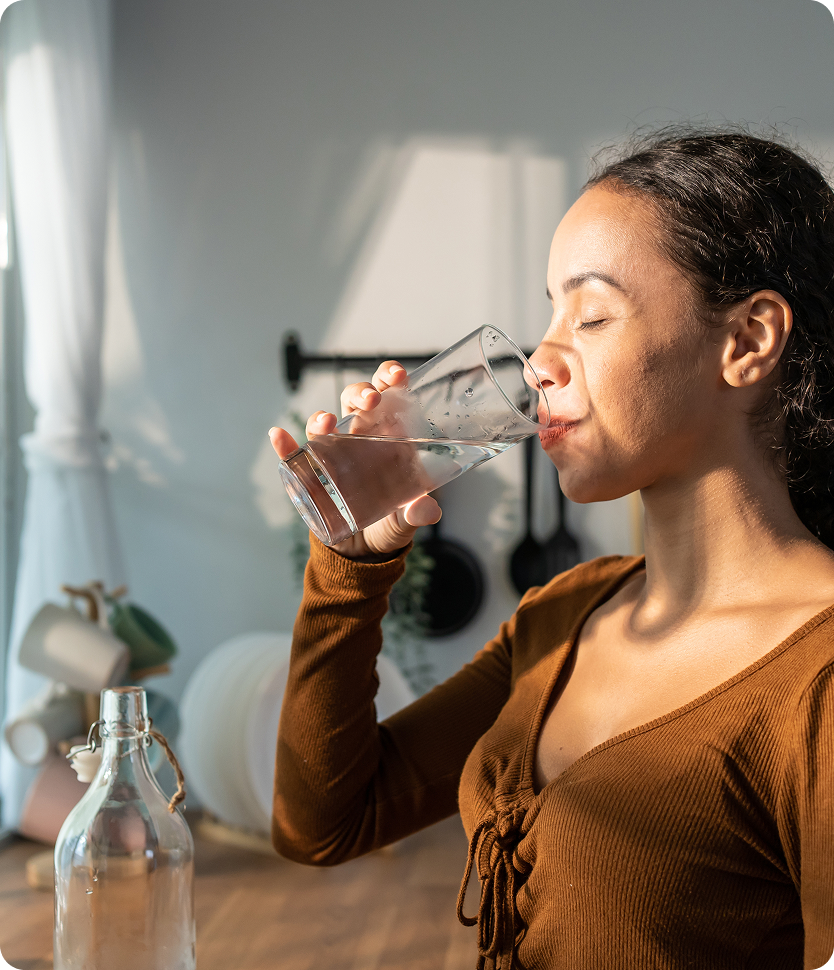
Let’s start with the basics. If you're downing a large glass of water in one go—especially first thing in the morning or after a meal—you might be putting more stress on your stomach than you realize. Rapid intake can cause your stomach to expand quickly, leading to discomfort that can feel like bloating or cramping.
Immediate stomach pain after drinking water often comes from chugging too much too fast. Instead, try sipping water slowly throughout the day. It sounds simple, but the way you drink your water can make a big difference.
2. Ice-Cold Water Might Be the Culprit
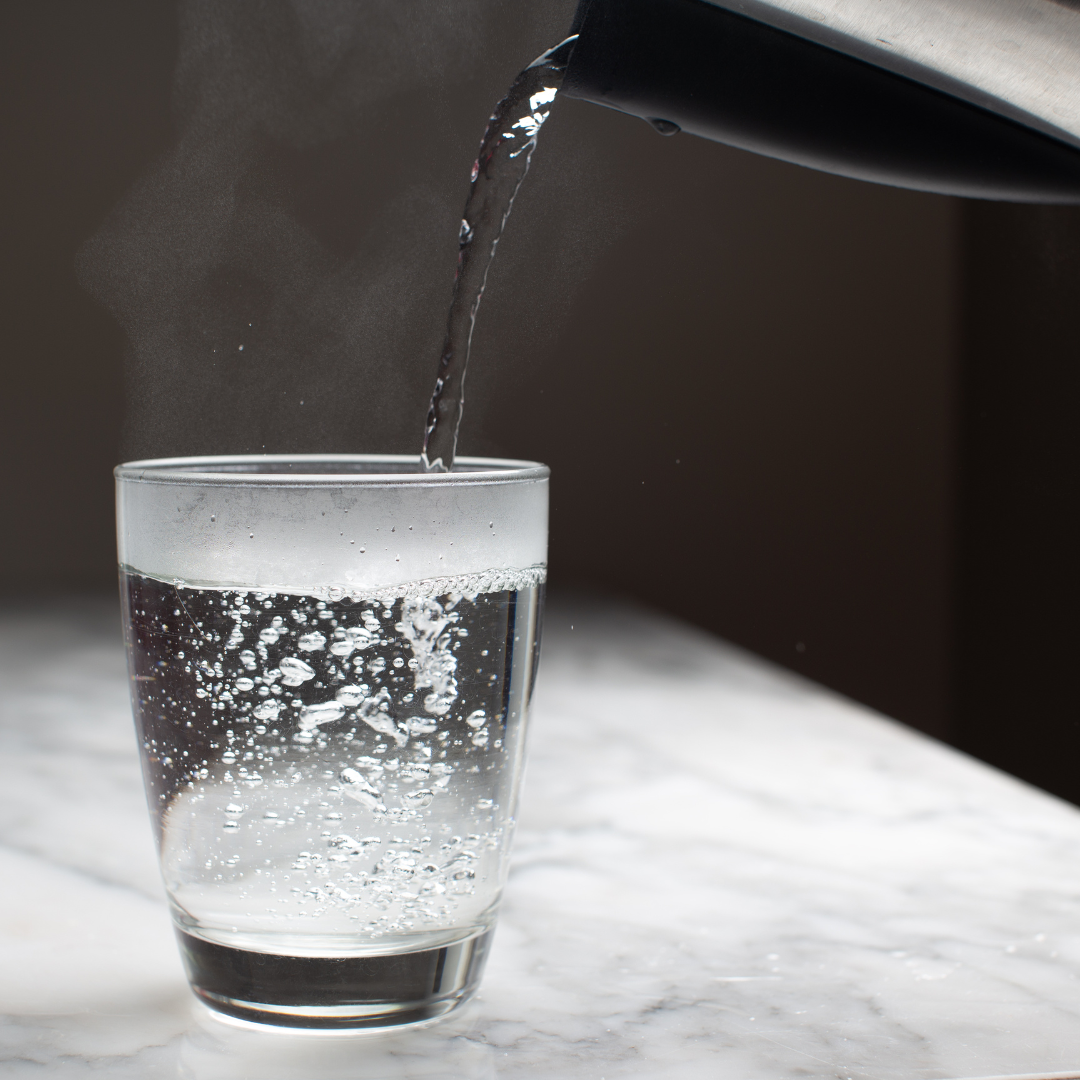
Love your water straight from the fridge or packed with ice? That sudden cold temperature can irritate sensitive stomach nerves, especially for those with underlying gut issues like IBS. Cold water can also slow digestion, which may lead to upper stomach pain when you drink water.
If that sounds like you, try switching to room-temperature or slightly cool water and see if your symptoms improve.
3. What’s In Your Water Matters

Even if your water looks clean, it doesn’t mean it’s free of contaminants. Tap water can contain things like chlorine, chloramines, fluoride, heavy metals (like lead or mercury), or even bacteria and parasites, especially in older plumbing systems or certain municipal supplies.
These contaminants can irritate your stomach lining, especially for those with sensitive systems, allergies, or weakened immune responses. If you're wondering, “Why does water hurt my stomach,” it might not be the water itself, but what’s in it.
Some common contaminants that can cause lower abdominal pain after drinking water or nausea include:
- Chlorine and chloramines: Common disinfectants that can trigger sensitivity
- Bacteria like E. coli or Giardia: More common in untreated or private well water
- Heavy metals: Lead and arsenic can cause long-term health issues, including digestive upset
- Fluoride: Even though it’s added for dental health, some people are sensitive to it
Are You Drinking Contaminated Water?
If you're experiencing stomach aches after drinking water on a regular basis, it might be time to take a closer look at your water quality. Municipal water supplies are regulated, but contamination still happens. And if you're using well water, the risk is even higher.
Things like bacterial overgrowth, old pipes, or seasonal runoff can change the quality of your water without warning. Getting your water tested is one of the smartest things you can do, especially if your symptoms appeared suddenly or coincide with other issues like strange smells, cloudiness, or a bad taste in your tap water.
What You Can Do About It
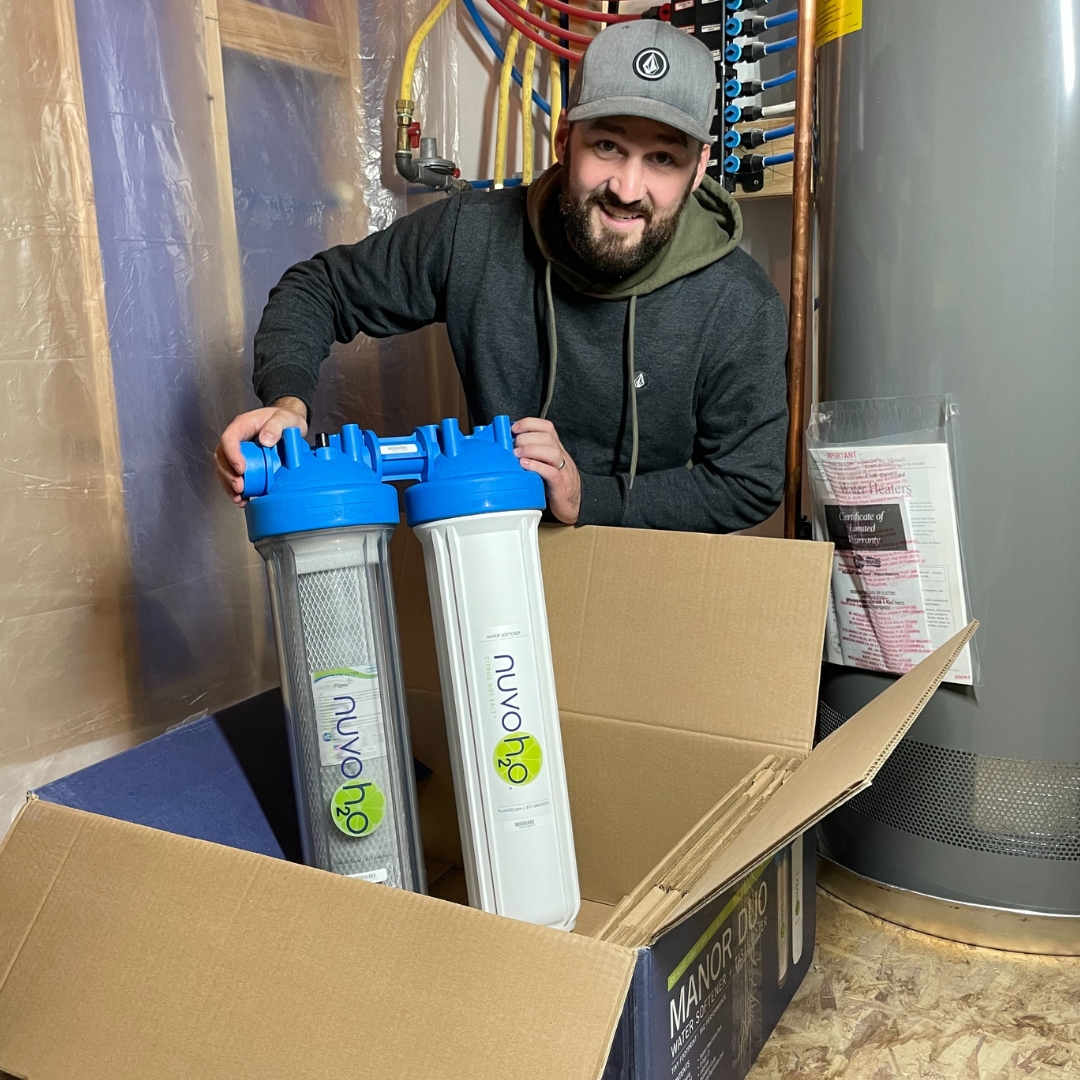
There’s good news: If your stomach pain is linked to water quality, it’s fixable. A salt-free water softener paired with filtration cartridges can help reduce or eliminate contaminants like chlorine, heavy metals, and sediment, all of which can cause discomfort.
At NuvoH2O, we believe clean, healthy water shouldn’t cause pain; it should feel good, taste good, and work hard for your home and body. Our salt-free systems soften your water and keep the beneficial minerals while removing the stuff that doesn't belong.
If you're looking for simple, effective ways to feel better after every sip, our Whole Home Systems are a great place to start.
4. Medical Conditions That Make Water Uncomfortable
In some cases, drinking water triggers symptoms because of an existing health condition. If you consistently feel pain, especially every time you drink water, it’s worth exploring some of the following possibilities:
- GERD (Acid Reflux): Drinking water, especially in large amounts, can increase stomach acid, leading to heartburn or pain in the upper abdomen.
- IBS (Irritable Bowel Syndrome): A hypersensitive gut might overreact even to plain water, especially if it’s cold or carbonated.
- Stomach ulcers: Water can irritate open sores in the stomach lining, leading to sharp or lingering pain.
- Gastroparesis: A condition that slows digestion and causes bloating, nausea, and discomfort after eating or drinking.
If you’re dealing with persistent stomach pain after drinking water, talk with your healthcare provider. It could be a sign of something more than a hydration issue.
Quick Recap on How to Prevent Stomach Pain When Drinking Water
- Drink water slowly, rather than all at once
- Avoid very cold or icy water if it causes discomfort
- Test your water for contaminants, especially if you're on a well
- Consider using a filtration system that targets common stomach irritants
- Talk to your doctor if pain persists or gets worse over time
Water Shouldn’t Hurt
If you’re wondering, “Why does my stomach hurt when I drink water?”—you’re not crazy. It’s a real thing, and it could be caused by how you drink, what’s in your water, or something going on in your gut.
Whatever the reason, you don’t have to just deal with it. Small changes, better filtration, and a little attention to your water habits can go a long way toward making hydration feel like what it should be—simple, soothing, and good for your body.

